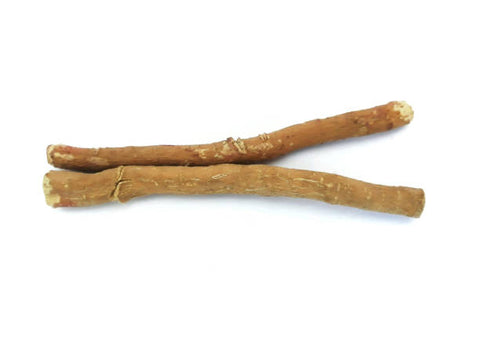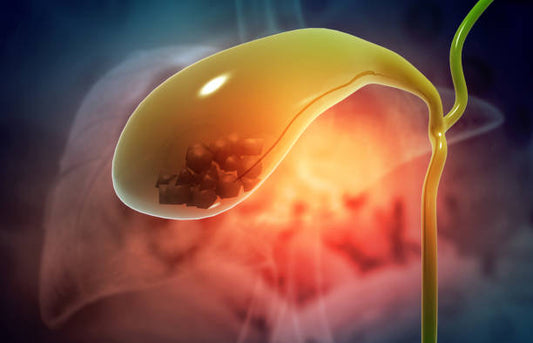Miswak, also known as Siwak, is a teeth-cleaning twig made from the Salvadora persica tree, commonly found in the Middle East, Africa, and parts of Asia. It has been used for centuries as a natural oral hygiene tool and is an integral part of Islamic tradition.
The Miswak twig is about 6 to 8 inches long and has natural bristles at one end that fray when chewed, creating a brush-like effect. It contains natural substances that are beneficial for oral health, such as fluoride, silica, tannins, and various antibacterial compounds.
Uses and Benefits of Miswak:
-
Natural Toothbrush: Miswak is used as a natural alternative to a toothbrush and toothpaste. It helps in cleaning teeth, removing plaque, and preventing gum disease.
-
Antibacterial Properties: The antibacterial compounds present in Miswak help in reducing harmful bacteria in the mouth, which can cause cavities, bad breath, and other oral health issues.
-
Rich in Minerals: It contains minerals like fluoride and silica, which aid in strengthening tooth enamel and preventing tooth decay.
-
Improves Oral Hygiene: Regular use of Miswak can promote better oral hygiene by eliminating food particles, reducing stains, and freshening breath.
-
Stimulates Saliva Production: Chewing on the Miswak twig stimulates saliva production, which helps in maintaining oral pH balance and preventing dry mouth.
-
Environmentally Friendly: As a natural, biodegradable alternative to plastic toothbrushes, Miswak is environmentally friendly.
To use Miswak, the tip of the twig is chewed or softened with water to create bristles. Then, it is gently rubbed against the teeth and gums in a similar motion to brushing with a toothbrush.
Many people still prefer Miswak for its oral health benefits, but it's essential to note that while it offers natural cleaning properties, it might not replace conventional dental care entirely. It's advisable to consult with a dentist for comprehensive oral hygiene practices.
-
Products that contains Miswak -
Dabur Meswak Toothpaste
Himalaya Sparkling White Toothhpaste












